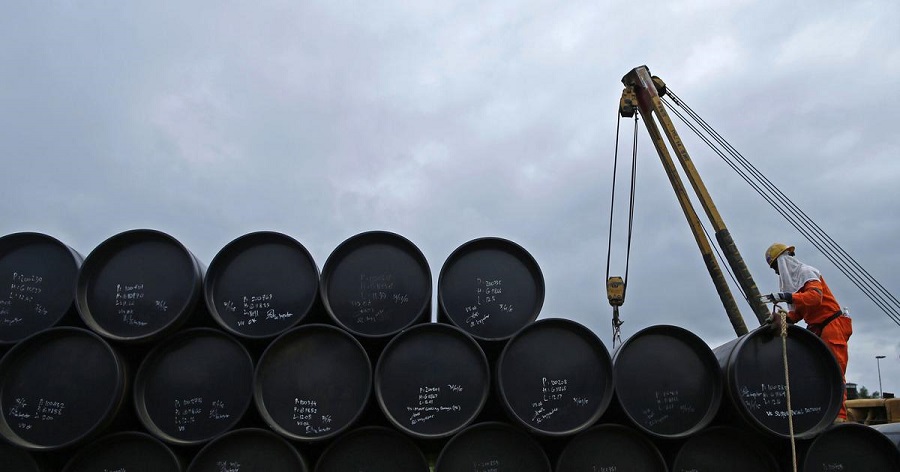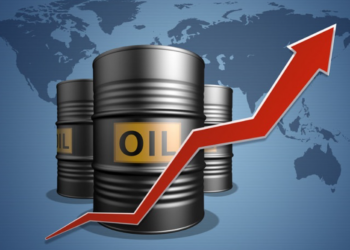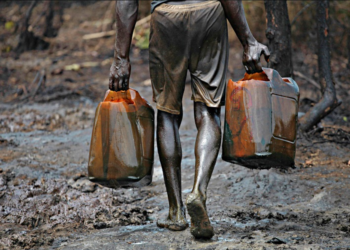Nigeria’s crude oil production fell to an average of 1.219 million barrels per day (mbpd) in April 2022, representing a 1.53% decline compared to 1.238mbpd recorded in the previous month.
This is according to information in the OPEC Monthly Oil Market Report for the month of May 2022.
Recall that the Organization of the Petroleum Exporting Countries (OPEC) increased Nigeria’s oil production quota earlier in the month from the 1.735mbpd target approved in May 2022 to a new target of 1.772mbpd for June 2022.
This is significantly higher than the current levels at which Nigeria is producing. Meanwhile, the continuous decline in recent times has been attributed to oil theft, pipeline vandalism, and oil bunkering.
It is worth noting that the organization reports two different estimates for its member countries, one of which is based on direct communication, while the other on secondary sources.
Accordingly, Nigeria’s crude oil production based on information from direct sources decreased by 1.53% to 1.219mbpd, while its production based on secondary sources recorded a 1.34% decline in April 2022 to an average of 1.322mbpd.
Interestingly, African countries like Gabon, Congo, and Liya recorded a decline in their daily average crude oil production. However, the likes of Algeria, Angola, Iraq, Saudi Arabia, UAE, and Venezuela saw an uptick in their crude production.
Crude spot prices slowed in April
According to the OPEC, crude oil spot prices dropped in April. Spot prices were under pressure in April due to a slowdown in buying interests, including from China; rising volumes of unsold cargoes for April and May loadings, with some sellers struggling to clear their cargoes; and refinery maintenances in several regions.
- On the other hand, China’s crude oil processing volumes declined month-on-month in March compared to January and February 2022 levels, while China’s crude oil imports also fell in March and were 14% lower compared to the same period last year.
- The reinstatement of mobility restrictions and the extension of lockdown measures in several major Chinese cities, including Shanghai, raised worries about softening demand for transportation fuels.
- Similarly, West African and Mediterranean crude oil differentials weakened in April on soft crude demand from Asian refiners, particularly in China, the availability of prompt unsold cargoes, and the steady flow of light sweet crude from the US to Europe. Higher freight rates also added downward pressure.
- In the US, oil prices came down on the announcement of an additional large volume of crude oil from the SPR in the coming months, along with increasing crude stocks and a drop in US refinery intakes due to turnarounds.
What this means
- Nigeria continues to fall short on its production quota with oil production falling further below the target of 1.7mbpd by the Organization of the Petroleum Exporting Countries.
- This means that despite the rally in the crude oil market, which is still trading above the $100 per barrel threshold, Nigeria is unable to earn as much revenue from the export of oil.
- The crude oil earning is still a major source of Nigeria’s federal government revenue, hence there is a need for the country to create a lasting solution to the downward trend in the oil and gas sector.




















